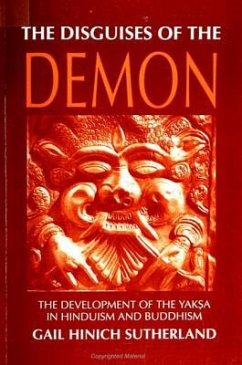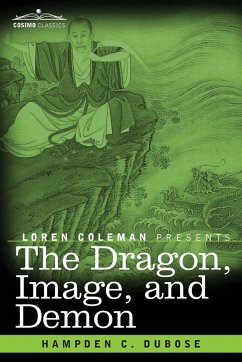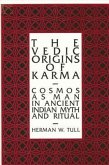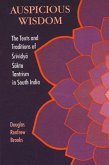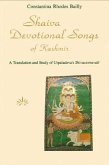Among the most ancient deities of South Asia, the yaksstraddles the boundaries between popular and textual traditions in both Hinduism and Buddhism and both benevolent and malevolent facets. As a figure of material plenty, the yaksis epitomized as Kubera, god of wealth and king of the yaks In demonic guise, the yaksis related to a large family of demonic and quasi-demonic beings, such as nagas, gandharvas, raksand the man-eating pisaacas. Translating and interpreting texts and passages from the Vedic literature, the Hindu epics, the Puranas, Kalidasa's Meghaduta, and the Buddhist Jataka Tales, Sutherland traces the development and transformation of the elusive yaksfrom an early identification with the impersonal absolute itself to a progressively more demonic and diminished terrestrial characterization. Her investigation is set within the framework of a larger inquiry into the nature of evil, misfortune, and causation in Indian myth and religion.
Hinweis: Dieser Artikel kann nur an eine deutsche Lieferadresse ausgeliefert werden.
Hinweis: Dieser Artikel kann nur an eine deutsche Lieferadresse ausgeliefert werden.

